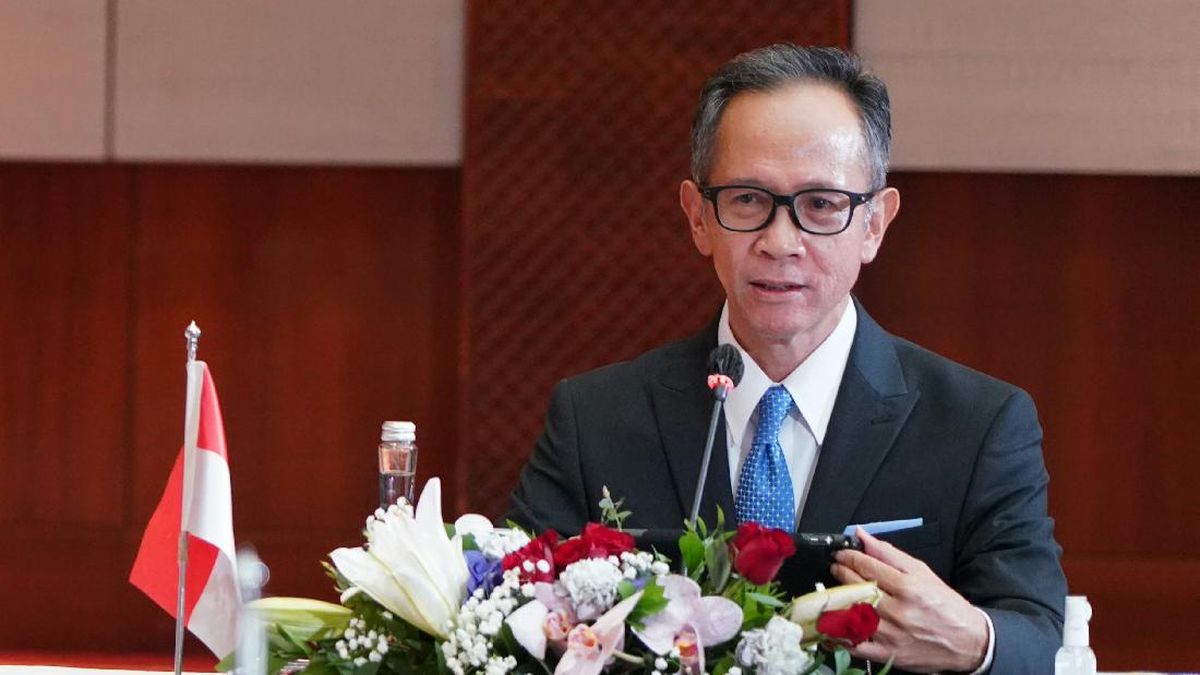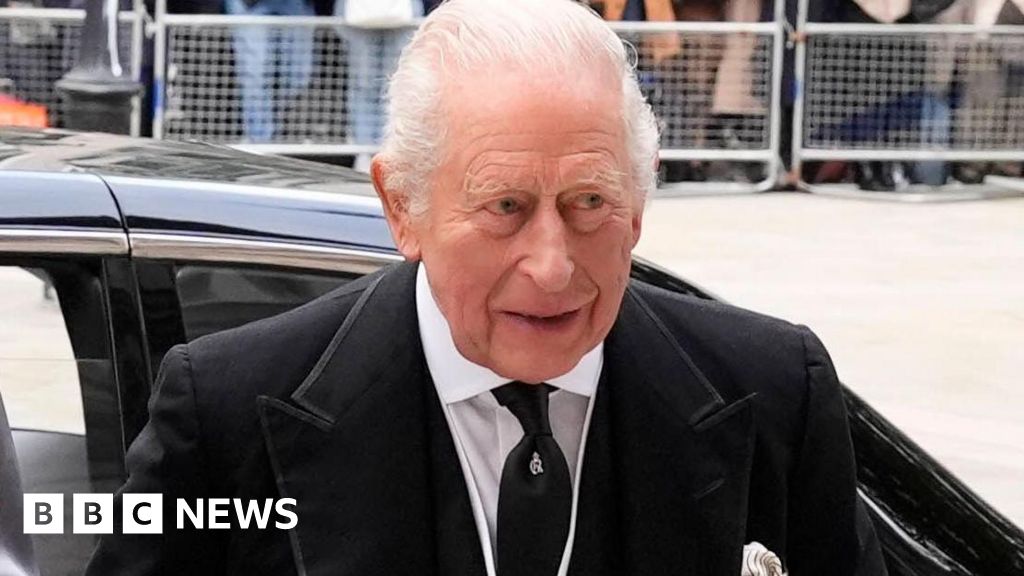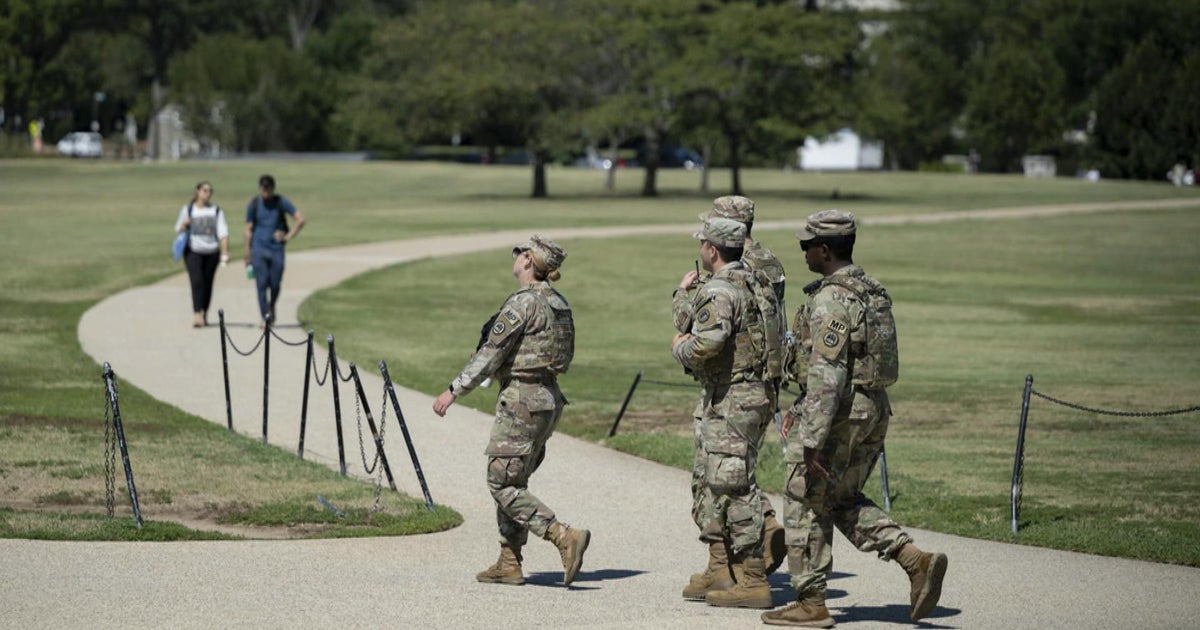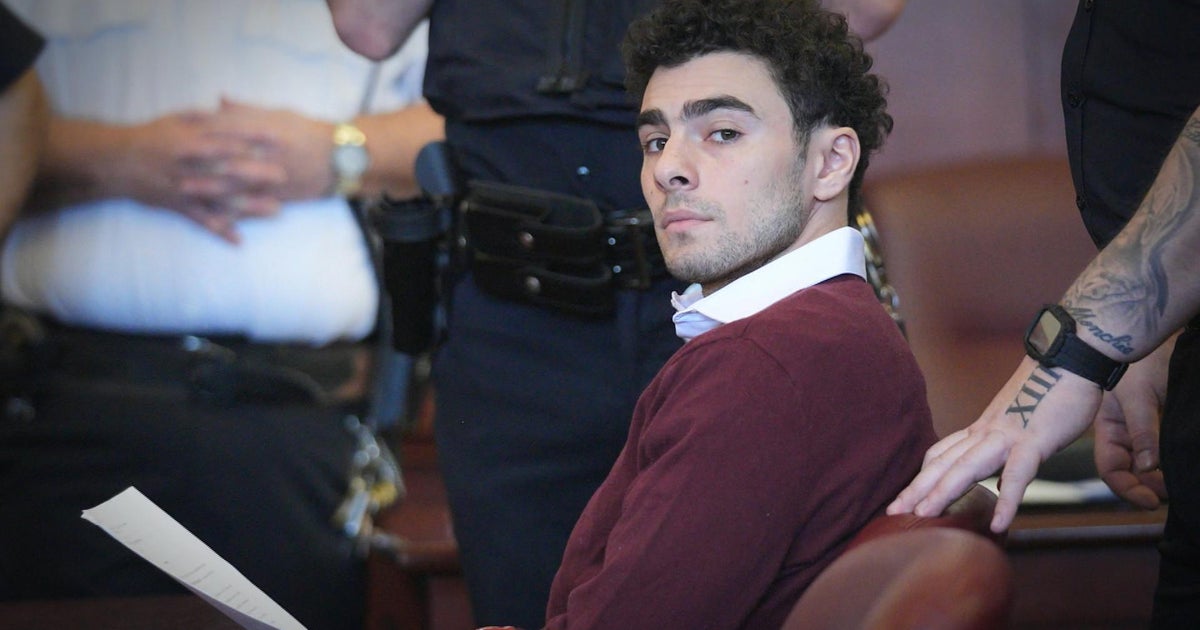Rebecca* can pinpoint the moment she lost faith in the Exclusive Brethren – the church she was born into, married in, had children in, and which controls virtually every aspect of her life.
It was 2021 when she woke up at 3am with one thought in her head: “I don’t want to do this any more.”
A series of events had opened what she calls her “critical thinking box” for the first time. Suddenly, she saw what she now says is the dishonesty, injustice and lack of free choice built into the only community she’s known.
Despite that revelation, four years later, Rebecca remains a member of the church. Since birth she’s been taught the world outside is a terrifying place. And leaving would mean confronting that terror alone – she would lose access to her family and friends, everyone she knows.

Bruce Hales (front left), the global leader of the Plymouth Brethren Christian Church, preaches in the US.Credit: Matthew Absalom-Wong
Staying in, though, is becoming untenable. Having critical thoughts and expressing them, particularly as a woman, would make her an outcast in the organisation now known as the Plymouth Brethren Christian Church.
Everyone in this church is subject to the whims of its all-powerful leader, multimillionaire Sydney businessman Bruce D. Hales – known internally as BDH, the Lord’s Servant, the Elect Vessel or, when talking business, the CEO. Criticising him or his sons, known as the “Royal family”, is unthinkable.
But for women, the strictures are even tighter. Church doctrine means Rebecca was “subject” to her father, and then, when she married, to her husband. Like most women, she married young, had children, and has never been permitted to occupy a position of authority over a man, in business or in life.
Also like all women, she sits at the back of the church and cannot speak, except to call out the numbers of the hymns. The unspoken belief among the Brethren, she says, is that nothing a woman could say is important enough to be heard in church.
Loading
So her role is to follow the rules, remain quiet, raise her children and look after her house and husband.
In his ministry, Bruce Hales lists the “divine ordering” as God first, then Christ, man, woman. Women should be “attached to their husbands, attached to their children, discreet, chaste, diligent in home work”. If they behave like that it will “greatly help and improve the state amongst us”.
The exception is unpaid work in church-run enterprises, such as the school, the Brethren-only grocery shop, Campus and Co, and the public-facing charity the Rapid Relief Team.
Members of the Brethren spent millions of dollars and weeks of their time in a highly co-ordinated attempt to see Peter Dutton become prime minister at the last federal election. Even the women stepped out, though they were requested to wear non-Brethren attire to “fly under the radar”.
The intervention has caused enormous division in the Liberal Party, and it was the church’s treatment of women that most offended many.
Former senator Linda Reynolds told this masthead that it was “unacceptable that we were associated with a group whose treatment of women, to me, is reprehensible and misogynistic”.
The church denies there is anything to see here. Its spokesman, Lloyd Grimshaw, insists: “Our church very much values the role of women, and it is offensive to suggest that we treat them as ‘second class citizens’.”
But women inside the church, and those who have left, say this is simply wrong.

Lavinia Richardson, 23, left the Plymouth Brethren Christian Church (formerly known as the Exclusive Brethren) two years ago.Credit: Olive McTaggart
“I grew up among one of the most misogynistic groups in Australia, and it shaped who I am,” says Lavinia Richardson, 23, who left two years ago on the verge of marriage. “You are put into a mould from the day you’re born and you’re just turned into this submissive, quiet person.”
Cassie Davies left 20 years ago, also as an unmarried woman.
“From birth you’re going to church and the women sit behind, and you’re silent – the men do all the talking. The men are the priests, they’re in control. You’re visibly seeing that you’re segregated and pushed to the back.”
This is a strictly hierarchical society – where the wealthy, the powerful and the “priestly” sit in the front rows of the assembly and the poorer and less socially acceptable sit up the back. But the lowliest man is further forward than the most respected woman.
Rebecca says, as difficult as all this is to bear, she still cannot see a way out.
At the centre of Plymouth Brethren Christian Church philosophy sits one core belief, the “doctrine of separation”. It teaches that the “saints” are separate and better than the rest of us, and that the world is a place of “defilement and contamination”. Church members are prohibited from eating, socialising or befriending their non-Brethren neighbours – people known as “worldlies”.

Insiders says women are seated at the back of the church, underlining their place in its hierachy.Credit: Nathan Perri
If Rebecca left, she would be making herself an outcast. She would likely lose access to her children, her husband, her parents – her whole extended family. “They shouldn’t be made to pay for the way I feel,” she tells me, on condition of strict anonymity. “I still want to be a mum and a grandma.”
And so she endures, and hopes that, someday, an answer to her dilemma will become clear.
The Brethren church presents itself to politicians and society as a normal, strict, denomination that adheres to conservative but mainstream Christian values.
In answer to questions, its spokesman, Grimshaw, cited the Bible to justify women’s secondary role: “‘As the church is subject unto Christ, so let the wives be to their own husbands in every thing’,” he quotes.
Asked why women cannot speak in the assembly except to announce the hymns, he replies: “The question doesn’t make sense.”
Rebecca has lived by the Brethren’s prescriptions. In her words, she “did everything right”. She married a man at 21 who was approved for her by Hales.
In her wedding vows, as all Brethren do, she pledged allegiance to the church – to “uphold in our household, scriptural principles, including those … set out and established in the ministries of these great [Brethren] leaders, with which I am in complete agreement”.
Then Rebecca had children. They go to Brethren-only schools and are destined, as they grow up, to work in Brethren businesses. The typical Brethren family is big because the church does not recruit from outside.
Children and adults are encouraged to use Brethren-endorsed phones and laptops that are loaded with proprietary Brethren software to track their physical movements and interactions online.
Some time after Rebecca’s children turn 21, they are to marry a Brethren spouse – if the world leader of the day approves the match. (Rebecca told me last week there was “a slew of engagements” now being announced, adding, “BDH has obviously attacked his stack of letters asking for marriage permission”.) Once married, divorce is virtually impossible.

An old photo of church leader Bruce Hales.
If a young person is approaching an age at which they are considered “on the shelf” – about 25 for women and 27 for men – and cannot find an acceptable partner, help is at hand. There’s a spreadsheet that, for a fee, will show young people eligible potential spouses in their age group, where they live and, crucially, if they are related.
Contraception is banned, so the newlyweds will quickly start having Brethren children. And that, says Rebecca, will trap them, as she is trapped, by the fear of losing those children if they leave.
The control is both structural and social. Critical thinking is dismissed. It’s often said by the Brethren leadership, according to Rebecca, “We do the thinking, you do the doing.” She says women are judged harshly if they are seen to have opinions and express them.
“Women are scared by the implied threat that our thinking is wrong – that you’re ‘insubject’. That you’re out of place,” Rebecca tells me. “I’m shaming my husband by speaking out about things, because he is supposed to keep me under control.”
Isn’t this an intense level of control, I say? “Your words made me think,” Rebecca replies. “Most [Brethren] wouldn’t see it that way.”
Grimshaw dismisses the idea that women are prevented from speaking their minds. “Clearly you haven’t met many (possibly any) of the women in our church. If you had, you would know how absurd this question is.”
In middle age, these questions are very real for Rebecca. She is now asking what the next half of her life holds. Under Brethren doctrine, she feels she has never been “seen” or taken seriously.
The conditioning is hard to lose. Is Hales really the “Lord’s servant”? Is he, as the Brethren are told, “so close to the Lord Jesus that he can feel his heartbeat”?
And what if the talk among the Brethren is true – that Hales has prophesied in private that the Rapture will come in 2029, “give or take six months”? Grimshaw denies Hales has said this.
So Rebecca stays in the church, living with a deep divide in her mind – the critical side telling her what she’s been taught is wrong and unhealthy and the other, the indoctrinated part, cowering in fear.
Lavinia Richardson knew by year 9 that, if she was going to leave the Brethren, it had to be before she was married. In year 11, though, she grew so desperate waiting that she tried to take her own life.
“I thought, ‘I just feel like I have no way out. I can’t leave … and I can’t stay for two more years.’”
It was a serious suicide attempt. But as she slipped out of consciousness, the thought struck her: “‘F---, there’s got to be more life than this … surely there’s a world where I can be more than a wife and baby maker?’”
What saved her, specifically, was the thought of the children she could have outside the church – “girls, one day, that I can raise to be strong, independent women who will have a voice and can actually speak for themselves.
“And just thinking, ‘I don’t want to die. I’m excited about life … but I also don’t want to raise children and grandchildren in this environment’.”

Lavinia Richardson when she was a Brethren member.
At 21, Richardson left, despite the fear drilled into her about the outside world.
“You’re constantly told by your parents, the priests, that you’ll be broke, homeless, penniless, in the gutter, pregnant, if you leave as a woman … I’m not sure why they always say you’ll end up pregnant.”
Now, two years later, she is living far from the Victorian home of her Brethren parents. Putting the final nail in the coffin of their relationship was her revealing she was bisexual.
“They said, ‘Well if that’s the way you feel, then you’ve lost us for good’,” Richardson says. “Those words will probably stick with me until the day I die. It was like I’d been physically stabbed in the stomach.”
Grimshaw denies the church reviles homosexuality, saying sexual relationships should be between a man and a woman but that “we also acknowledge that others can have different views”.
Richardson says she was also told after leaving: “It would have been easier if you’d died”. It’s a common saying, she says.
Grimshaw denies that too. “The Church would not and does not say that.”
Richardson says now of the religion she was raised in: “It’s a system. It’s not a church, it’s a cult.” She confirmed Rebecca’s view that outspoken women were shameful to their husbands.
“It doesn’t even have to be anything opposing. Even just being a loud, outgoing, sunny person … all forms of self-expression just get trampled out.”

Richardson in what she describes as her “girl boss” photo shoot.Credit: Olive McTaggart
She says there is virtually no sex education – certainly none at school – and relationships before marriage are heavily discouraged. Her family had never talked to her about sex except “in the context of talking about being submissive”.
And this was the one arena, says Richardson, where she was told she could stand up to her husband if she wasn’t “in the mood”.
Church spokesman Grimshaw said a question about sex education was “strange and wrong”.
“The types of conversations we have [about sex] would be instantly recognisable to any other Christian parents and children,” he said. As for relationships prior to marriage, he said, “millions of Christians around the world believe the same thing we do”.
Asked about domestic violence, Grimshaw said: “The church abhors violence in all forms.”
But with no option of divorce, Richardson says, “I saw women in relationships that were quite obviously abusive and they had absolutely no way out.”
She says Brethren doctrine is therefore “1000 per cent more conducive to violence”.
Cassie Davies saw a high level of control in her own family. Her mother was outspoken and was “persecuted throughout our lives”.
“She was told she was mental. She got medicated, they’d take her off to see their doctors. So any sort of self-will, that was just beat out of you. And you learned very quickly that you don’t push against the rules.”
Davies left at 20, and has been 21 years out of the Brethren.

Cassie Davies, who is happily out of the Plymouth Brethren Christian Church.
She says the system is terrible for men, too.
“The pressure on the men builds bullies, basically, because they have to be. They are responsible for the household, so everything that happens is their responsibility and the fear of failing in that creates bullies.”
She agreed with Richardson that, in many cases, that led to violence.
“But it’s a very covert … it would never be an overt violence. Because of the community and the way it’s structured.”
In social situations – primarily the Sunday large group gathering known as “break”, she says, everyone was pretending to be “shiny happy people. Kids are all well-behaved. They want to talk about how well-behaved their children are in public.”
Behind the scenes though, both men and women are encouraged to drink, and do so lavishly. It’s a way to cope.
“It’s perfectly acceptable until you cross the invisible line into visible drunkenness, then you’re heavily shamed and belittled for it,” Davies says.
“Men drink under the immense pressure of being responsible for controlling their household, women drink to manage the constant pressure to perform under oppression, and teenagers often drink in rebellion.
“Most are simply trying to numb the pain and pressure of keeping up appearances. The cognitive dissonance is difficult for anyone to manage, especially for those who still hold on to remnants of critical thinking through the moulding process.”
Rebecca agrees that alcohol is a big part of life. She says it also helps reinforce the hierarchy: the wealthier you are, the more expensive the bottle you bring as a gift. Hales drinks Johnnie Walker Blue Label whisky at $400 a bottle, she says.
“I know many, many women who’ll start drinking mid-afternoon,” Rebecca says. “Lunches out there’s drink. Young girls going out for breakfast, there’s a drink – Mimosa.”
The more she thinks critically about the Brethren, though, the more it’s almost impossible to reconcile this double life. It’s eating her inside.
“It’s an existential crisis of mid-life,” Rebecca says. “I am just so sick of being the underdog and for no reasons.”
But leaving is still too hard. For a woman, whose only role has been to serve the church and her family, finding a way out is a challenge that seems insurmountable.
So, for now, she stays.
∗Not her real name
Lifeline: 131 114


















































